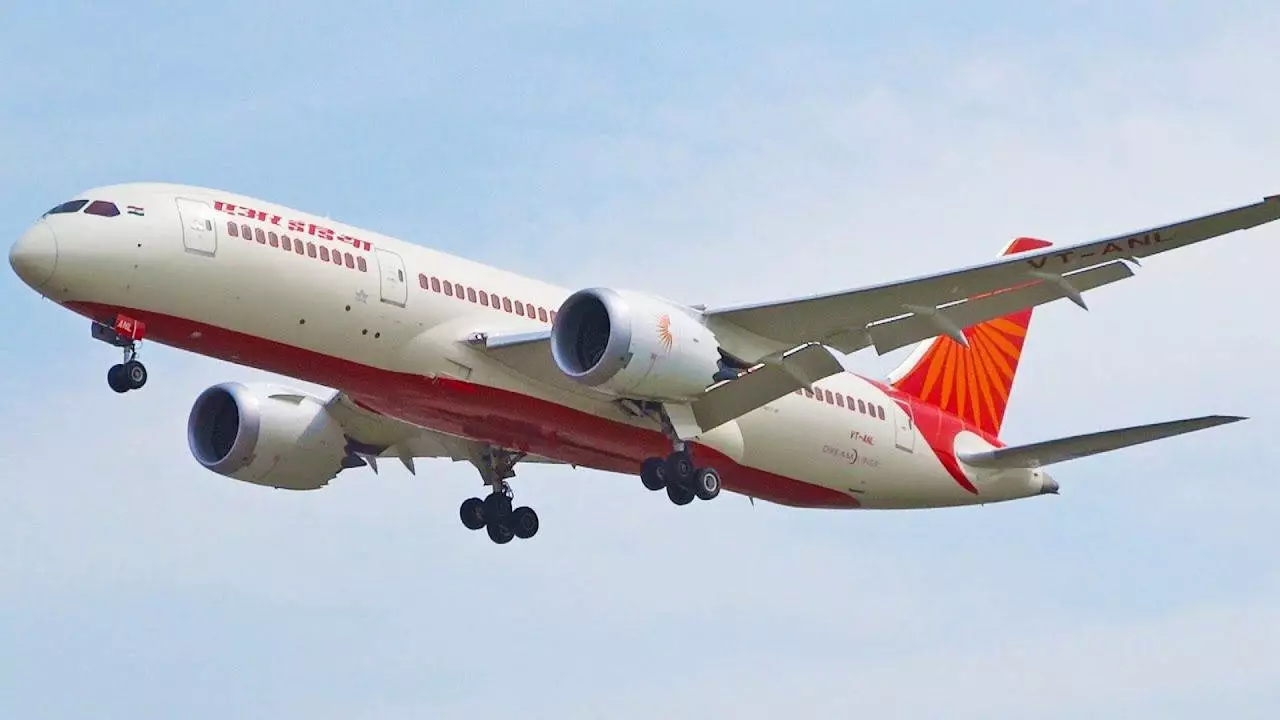Understanding the Basics of Flight Delays
Before we move on to discussing the specifics of Air India's persistent delays, it's important to understand the basics of flight delays in general. A flight delay occurs when an airline's flight takes off or lands later than its scheduled time. This can be due to a variety of reasons, including bad weather, mechanical issues, or air traffic control issues, among others. Delays are a common occurrence in the airline industry and can be a source of frustration for passengers.
Air India's Struggle with Time Management
Recently, Air India has been struggling more than usual with keeping their flights on time. The airline's punctuality rate has plummeted, leaving many passengers disgruntled and inconvenienced. The reasons for these delays can be multifaceted and complex; it isn't always as simple as blaming it on one specific problem. So, let's dive into some of the possible reasons why Air India is struggling with time management.
Financial Constraints and Their Impact
One of the potential reasons for these persistent delays could be Air India's financial situation. The airline has been grappling with debts for years, which in turn affects its operational efficiency. Maintaining an airline is an expensive affair and without the necessary funds, it can be difficult to ensure everything runs smoothly and on time.
Staffing Issues and Delays
Another possible reason for Air India's delays could be related to staffing issues. These can range from strikes by staff members to a lack of adequate personnel to manage the operations efficiently. When there aren't enough hands on deck, it can be challenging to keep things running smoothly and on time.
The Role of Weather Conditions
It's also important to note that weather conditions can play a significant role in flight delays. Air India, like any other airline, is subject to the whims of Mother Nature. Foggy conditions, heavy rainfall, or strong winds can all lead to flight delays, and these are factors that are largely out of the airline's control.
Technical Glitches and Maintenance Delays
Technical issues can also be a significant contributor to flight delays. From minor glitches to major mechanical failures, these problems can significantly disrupt flight schedules. Furthermore, the necessary maintenance work that follows these issues can also lead to additional delays.
Challenges Posed by Air Traffic
Air traffic is another factor that can lead to delays. With more and more people taking to the skies, the airspace is becoming increasingly congested. This can lead to significant delays, particularly in busy airports where landing slots are highly competitive.
Regulatory Hurdles and Their Impact
Regulatory hurdles can also contribute to flight delays. Airlines must adhere to a wide range of regulations and any issues with compliance can lead to delays. From safety checks to paperwork, the regulatory landscape can be a minefield for airlines.
The Impact of Flight Delays on Passengers
It's clear that flight delays can be a source of great inconvenience and frustration for passengers. Missed connections, disrupted travel plans, and wasted time are just some of the potential consequences. Moreover, persistent delays can also damage an airline's reputation and customer trust. For an airline like Air India, this can be particularly damaging given the highly competitive nature of the aviation industry.
What Can Be Done to Improve the Situation?
While it's clear that there are multiple factors contributing to Air India's persistent delays, there are also steps that the airline can take to improve the situation. From investing in new technology to improve efficiency, to addressing staffing issues, there are several potential solutions. Ultimately, it's up to Air India to take the necessary steps to address these issues and improve their punctuality rate.




Write a comment